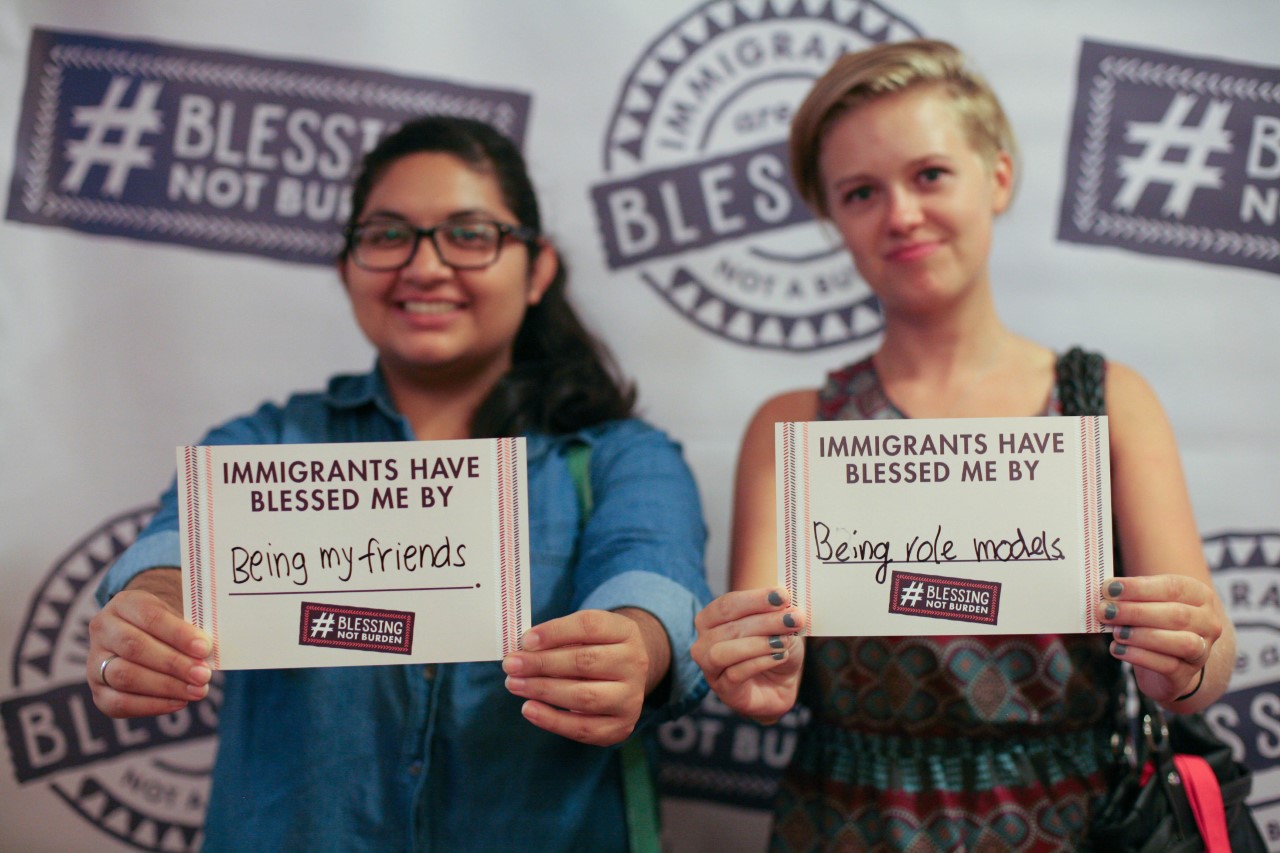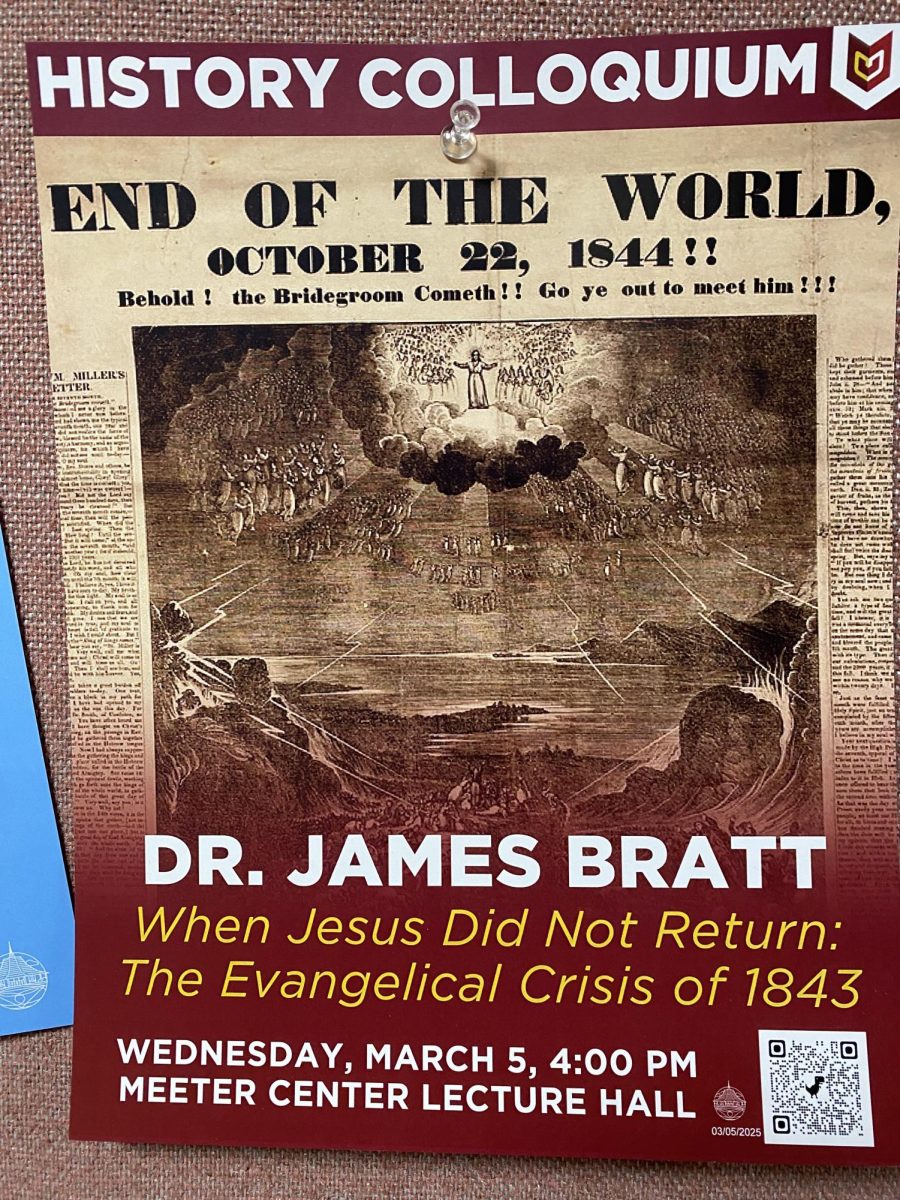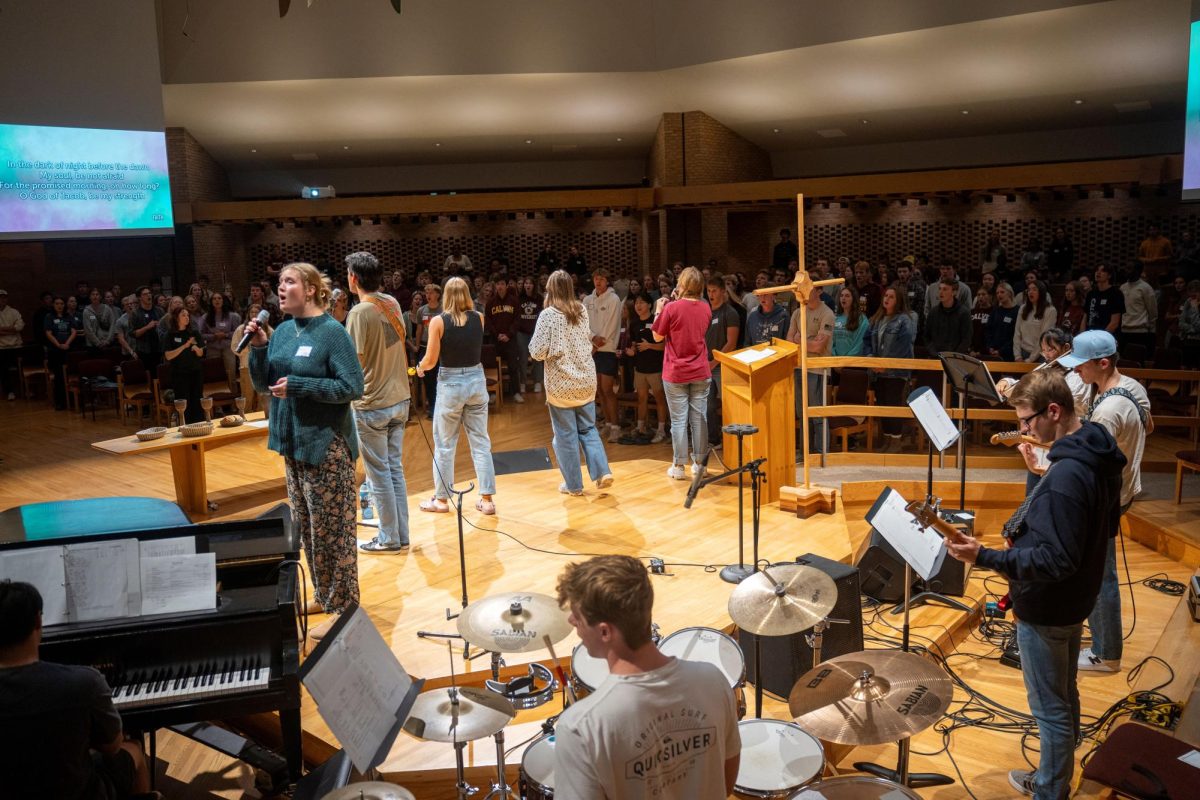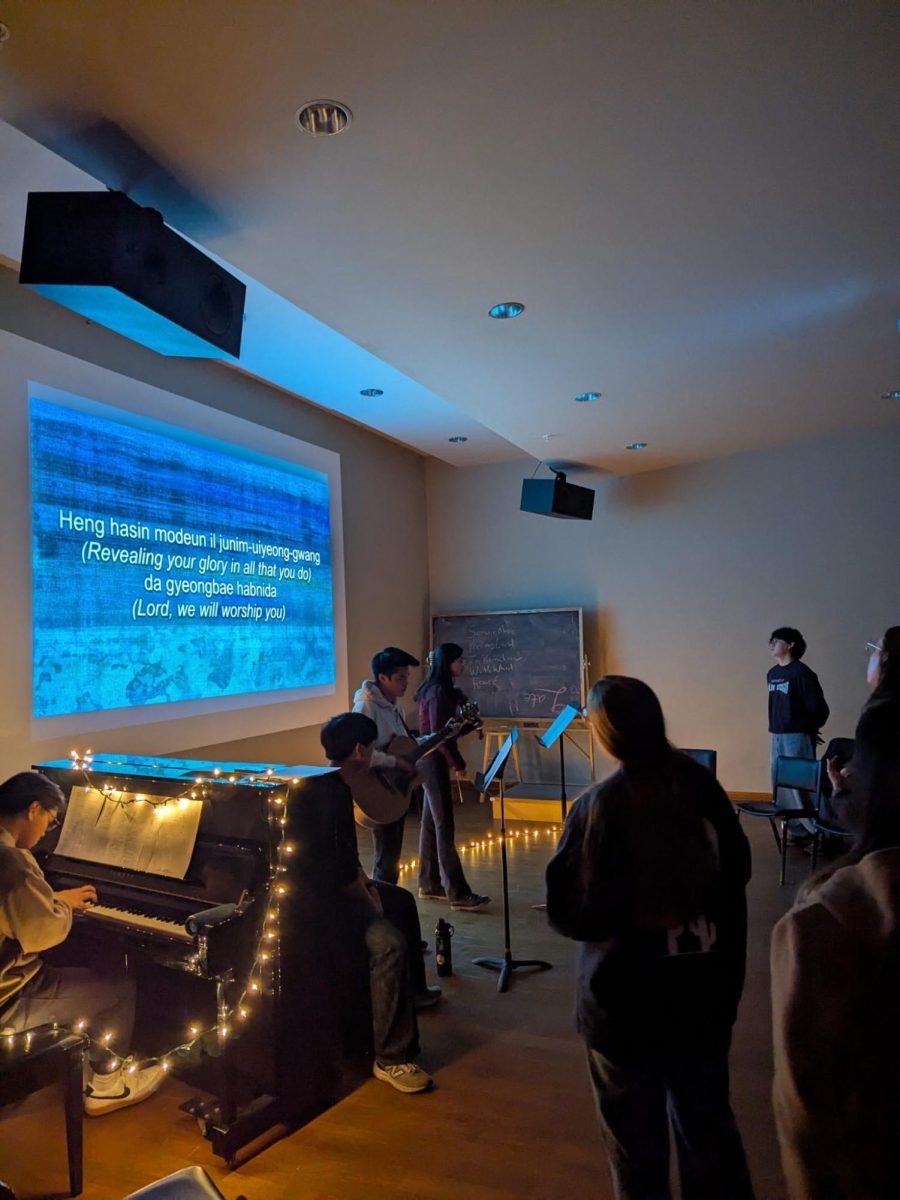In recent months, one of the most hotly debated topics has been immigration. This year’s election has grappled with what challenges and benefits immigrants contribute to American society, and what the best method of responding to immigrant communities is. As the newly-elected administration decides what principles and policies they are going to promote, Christians must also consider what role they are called to play in relation to immigrants and their communities.
Kate Kooyman, an immigration organizer for the Christian Reformed Church, is experienced with negotiating the relationship between immigrants and the church. Before the church can decide how to approach immigration, it must be aware of some of the challenges immigrants face. According to Kooyman, immigrants often encounter discrimination from members of their local communities in the form of being called “illegals” and told to “go back to your country.” On a more expansive level, immigrants also face discriminatory policies. Kooyman said, “deportations are officially said to be targeted at criminal immigrants, but the reality is that many non-criminals are deported instead: moms and dads and church members and workers.”
Often, people overlook the many contributions of immigrants. Instead, said Kooyman, “People assume immigrants are taking American jobs, when in reality working immigrants, even undocumented ones, create more jobs for American workers. Or people assume immigrants are making our communities less safe, when in fact immigrants are statistically less likely to commit crimes than people who are born in the U.S.”
Kooyman went on to say that despite common misconceptions, undocumented migrants are paying taxes, are not receiving welfare benefits, and immigrants as a whole are “benefiting the economy and put more in than they receive.”
In addition, since the Paris attacks, many have expressed concerns about Muslim or Arab immigrants and refugees threatening U.S. safety and have proposed changing or halting refugee resettlement in the United States. However, statistics indicate that Muslim or Arab refugees are not serious security threats; according to CATO, a conservative think-tank, “of the 859,629 refugees admitted from 2001 onwards, only three have been convicted of planning terrorist attacks on targets outside of the United States, and none [were] successfully carried out.”
The election of Donald Trump impacts the lives of immigrants, both documented and undocumented. Kooyman said that “The campaign promises, and the outlined first 100-days of the administration, have struck fear in immigrant communities.” Reasons for this fear include concern about increased deportations and separation of families, as well as likely termination of DACA.
DACA is an executive order issued by President Obama which granted work permits to those who came to the United States as children. DACA also de-prioritizes deportation of its recipients. If the new administration fulfills its promise to retract DACA, “[Recipients’] ability to work legally is at stake, but more than that they fear being deported to countries they have never known,” said Kooyman.
Muslims and Muslim immigrants are also especially fearful at this time due to threats of a Muslim registry.
According to Kooyman, Christian communities should be active in their response to immigration. “Scripture is clear,” said Kooyman. “We are called to ‘welcome the stranger.’” Both Old and New Testaments emphasize the importance of hospitality and radical love. As Kooyman said, welcoming the stranger is “not just a nice thing to do — this is how we experience the presence of Christ.”
Ana Devereaux, staff attorney at the Michigan Immigrant Rights Center, also recognized the scriptural imperative to consider how to best care for immigrants. According to Devereaux, Christians need to remember that the United States’ system of immigration is founded on sinful conceptions of greed, racism and fear of the “other.” She also said, “While the immigration system has brought forth some good in welcoming the stranger and as Christians we should participate in it and be active in seeing it continue to be improved for good, we should also be part of deeper conversations and movements that are willing to examine the system all the way to its roots in light of biblical principles of love, care and sacrifice for the oppressed, the foreigner and the ‘other.’”
Many churches in the Grand Rapids community have already incorporated ministries aimed at serving immigrant communities. Church of the Servant, for example, has several programs for immigrants, including an entire service spoken in basic English for new English speakers. Kooyman also said that “many CRC members are involved as advocates, contacting their Representatives to ask for changes to our immigration system that would shorten the time that immigrants wait for legal entry and that creates a path to legalization for the many who are already here but living in the shadows.”
Another way many in the church have built bridges with immigrant communities is by sharing friendships and experiencing the blessings of immigrants firsthand.
However, there is still work to be done. Kooyman said that members of the Christian Reformed Church “are working to ensure that we are ready to stand in solidarity should there be an increase in the number of deportations that threaten immigrant families.” Kooyman referenced the Sanctuary Movement, in which “sensitive zones” such as churches and even college campuses become places of sanctuary for those threatened with deportation.
Kooyman also described ways individuals can exercise love toward immigrant communities. She said remembering immigrants in prayer and making new friends can have incredible impact. In addition, people can volunteer to teach English and intentionally shop at businesses owned by immigrants.
“Contact government to let them know how much you value immigrants in our community, and your hopes that we will continue to welcome refugees and reform our laws so that families aren’t separated by deportations,” said Kooyman. She also said individuals should “consider if you are called to stand in solidarity with immigrants through the New Sanctuary Movement.”
Now is a time of unrest in America, but especially so for immigrants. As Kooyman said, immigration is not an issue that can be solely left to the government to solve; scripture mandates that Christians have a role to play too. “Right now is an opportunity for us,” said Kooyman. “As Christians, we get to stand up for what we believe, we get to love in tangible ways. This is a time when we get to live out the hope of the good news.”






